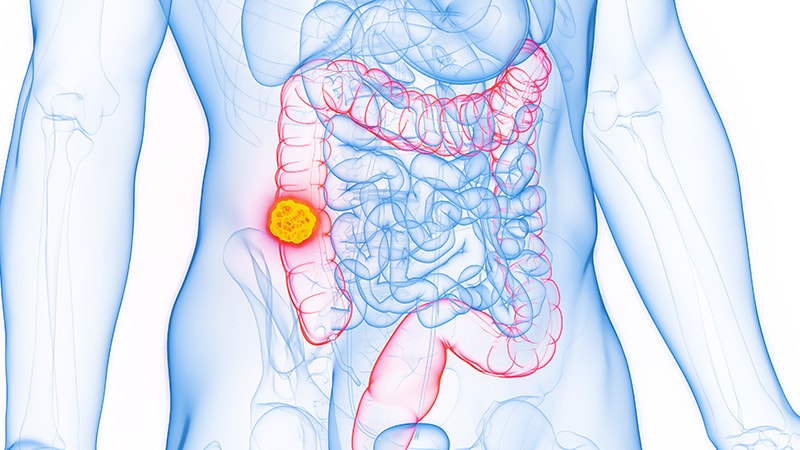TOPLINE:
Qualitative focus groups with patients with early-onset colorectal cancer (eoCRC) across seven European countries revealed significant diagnostic delays and limited access to age-appropriate support services. The study highlighted low awareness of CRC symptoms among younger populations, with many experiencing misattributions of symptoms and sex-specific diagnostic barriers.
METHODOLOGY:
- Researchers conducted qualitative focus groups involving 47 patients with eoCRC and survivors (average age at diagnosis, 40.5 years) from France, Ireland, Italy, Romania, Spain, and the Netherlands and UK between 2023 and early 2024.
- Overall, 23 participants had stage IV/metastatic disease, 20 had stage III disease, and four had stage II disease; for analytical purposes, they were categorised as having early-stage (n = 7) or late-stage (n = 40) disease.
- Focus group discussions were conducted in national languages and recorded, transcribed, and analysed using an inductive thematic approach to identify recurring themes and patterns across three stages of patient journey: Pre-diagnosis, diagnosis, and post-diagnosis.
TAKEAWAY:
- The awareness of risks for CRC among focus group participants was generally low. However, most participants led healthy lifestyles before diagnosis, challenging traditional risk factor models for younger patients.
- Diagnostic delays were frequently linked to age bias, with younger participants facing scepticism from health care professionals and symptoms often dismissed or attributed to benign conditions, particularly affecting women whose symptoms were commonly misattributed to gynaecological issues.
- Significant disparities in access to support services across countries were observed, with Romania showing the most limited access to biomarker testing and psychological and nutritional supports, whereas France and the Netherlands offered wider but poorly communicated service options.
- The diagnosis and treatment of CRC negatively affected the quality of life, with psychological, physical, social, and functional effects. Psychological, physiotherapeutic, and nutritional supports were inconsistently available, with significant disparities across public and private healthcare systems.
IN PRACTICE:
“There is a need for education campaigns highlighting the ‘red flag’ symptoms of eoCRC, gender-sensitive training for HCPs [health care professionals] to avoid misattribution of symptoms, expanded access to age-appropriate tailored support services for eoCRC patients, and further research into non-traditional risk factors, including psychosocial stress,” the authors wrote. “By addressing these gaps, healthcare systems can ensure more equitable, patient-centred care for this vulnerable population,” they concluded.
SOURCE:
This study was led by Marianna Vitaloni, Digestive Cancers Europe in Brussels, Belgium. It was published online on May 15, 2025, in BMC Gastroenterology.
LIMITATIONS:
This study had a relatively small sample size and focused on seven European countries, which limited the generalisability of findings. The study’s exclusive focus on patient and survivor perspectives restricted insights into provider-level decision-making and structural health system constraints. Additionally, recruiting through patient networks and healthcare providers may have introduced self-selection bias, potentially over-representing more engaged or connected individuals while missing more isolated voices.
DISCLOSURES:
This study received support from Bayer, BMS, and Daiichi Sankyo. The authors reported no conflicts of interest.
This article was created using several editorial tools, including AI, as part of the process. Human editors reviewed this content before publication.
Source link : https://www.medscape.com/viewarticle/young-adults-early-onset-colorectal-cancer-navigate-complex-2025a1000cwq?src=rss
Author :
Publish date : 2025-05-26 12:00:00
Copyright for syndicated content belongs to the linked Source.
